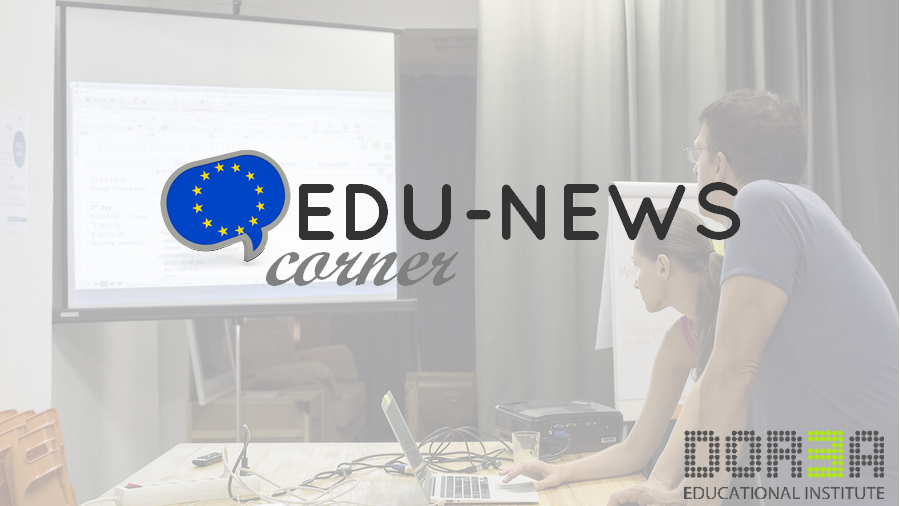Weekly Roundup
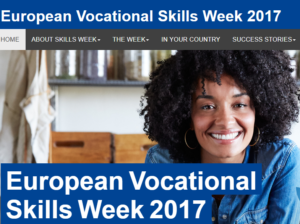 Vocational Skills Week 2017 with a brand new website
Vocational Skills Week 2017 with a brand new website
The European Vocational Skills Week initiative has launched a new website where people can find everything they need to know about the pan-European event. The new website for Vocational Skills Week 2017 contains a lot of useful and interesting information, for anyone interested in vocational education and training. The new website also allows individuals and organisations to register their vocational education and training events and add them to the interactive map. For more information, please click here.
 Follow-up seminar of the training “Development and Evaluation of Curricula for Adult Education”
Follow-up seminar of the training “Development and Evaluation of Curricula for Adult Education”
On the first week of November, DVV International organised a follow-up seminar for participants of training „Development and Evaluation of Curricula for Adult Education“ who successfully finished all the assigned tasks and all three modules of the training.
Besides evaluating the training’s efficiency and describing the way of usage of the acquired skills and knowledge, the participants were able to analyse the own research tasks they had had to finish before the seminar. One of the topics was also an identification of the barriers to the implementation of outcome-based curricula and a capacity-building of key actors for its implementation.
More information about the training, please click here.
 Getting Skills Right: United Kingdom
Getting Skills Right: United Kingdom
This report identifies effective strategies to tackle skills imbalances in the United Kingdom. It provides an assessment of practices and policies in the following areas: the collection and use of information on skill needs to foster a better alignment between skills acquisition and labour market needs; education and training policies targeting skills development and investment for individuals and employers; job creation policies to develop skills through on-the-job learning; and policies facilitating the entry of migrants with skills that are in demand. The assessment is based on country visits, desk research and data analysis conducted by the OECD Secretariat. The report is available here.
 Skills, and how to understand them
Skills, and how to understand them
‘Skill’ is one of the most often used terms in the fields of education, training, human resources or work. But it is a term which everyone sees from his own point of view, so is sometimes difficult to interpret.
Six characteristics of a skill:
1- The skill is closely connected with the activity
2- Skills should relate to the work situations and the type of organization
3- The skill is made up of a set of elements in dynamic interaction
4- The skill is recognised, socially legitimized
5- The skill is learned, and forms part of a process of identity
6- Skill as a theoretical social construction
For more information, please click here.
 Enriching the Erasmus+ programme with the Social Inclusion Days
Enriching the Erasmus+ programme with the Social Inclusion Days
Erasmus Student Network (ESN) is organising the Social Inclusion Days initiative from 27th of November until 10th of December and will showcase how student mobility is enriched by volunteering. Over 500 local associations in 40 countries will host events raising awareness about, and providing opportunities for, volunteering and greater social inclusion. For more information, please click here.
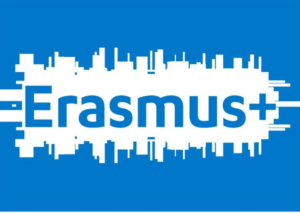 National Call for submission of Erasmus+ projects in 2018 for Serbia announced
National Call for submission of Erasmus+ projects in 2018 for Serbia announced
Within the framework of preparatory measures for the full participation of Serbia in the Erasmus+ Programme the National Call for submission of Erasmus+ projects in 2018 is open by the Foundation Tempus. Through these projects, the institutions and organizations from Serbia will have the possibility to fund the mobility of teachers, development and application of good practices, as well as cooperation with other organizations from Europe.
More information about the call and the opportunities for applicants from Serbia can be found here.
During November and December Foundation Tempus will organize National Erasmus+ Info days and workshops for development of project proposal in the cities throughout Serbia. For more information, please click here.
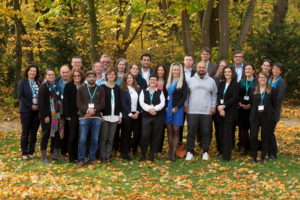 Guidance 4.0 – New tools and skills in education and careers guidance
Guidance 4.0 – New tools and skills in education and careers guidance
“With the annual Euroguidance Conference, we have made an essential contribution towards bringing the European dimension into the landscape of careers guidance”, says Stefan Zotti, Managing Director of OeAD-GmbH.
Five workshops in the afternoon dealt with online education guidance in practice, gaming as an approach to the professional orientation of young people, the challenges of the growing information supply online along with media skills, new pathways in educational guidance and social media, along with online guidance for people from migrant backgrounds.
For further details, please click here.
 Digi4Adults digital competence newsletter
Digi4Adults digital competence newsletter
The objective of the project was to create an international on-going collaborative grassroots approach for trainers in adult learning in developing and sharing methods of teaching different aspects of digital competence to adult learners in need of such competence to improve their skills for life and their employability. The final newsletter is available here.
Find out more about the project here.
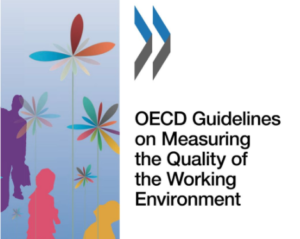 OECD Guidelines on Measuring the Quality of the Working Environment
OECD Guidelines on Measuring the Quality of the Working Environment
This publication presents an internationally agreed set of guidelines for producing more comparable statistics on the quality of the working environment, a concept that encompasses all the non-pecuniary aspects of one’s job, and is one of the three dimensions of the OECD Job Quality framework. The guideline is accessible here.
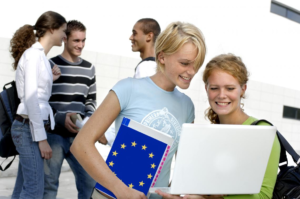 Erasmus+ in 2016: another record year
Erasmus+ in 2016: another record year
As the celebrations for the 30th anniversary of Erasmus come to an end, the European Commission has published the Erasmus+ Annual Report 2016, which covers the third year of Erasmus+, one of the European Union’s most successful programmes.
With a 7.5% increase in the Erasmus+ budget compared to the previous year, the EU invested a record €2.27 billion to support 725,000 Europeans with mobility grants to study, train, teach, work or volunteer abroad. This brings the total to more than 2 million participants since 2014. For more information, please click here.
Prepared by Magda Seidelmannová
